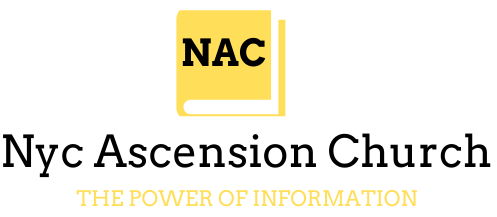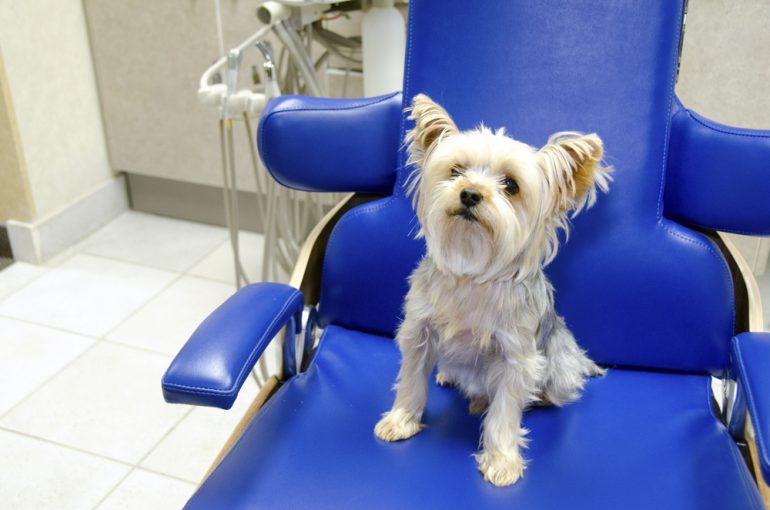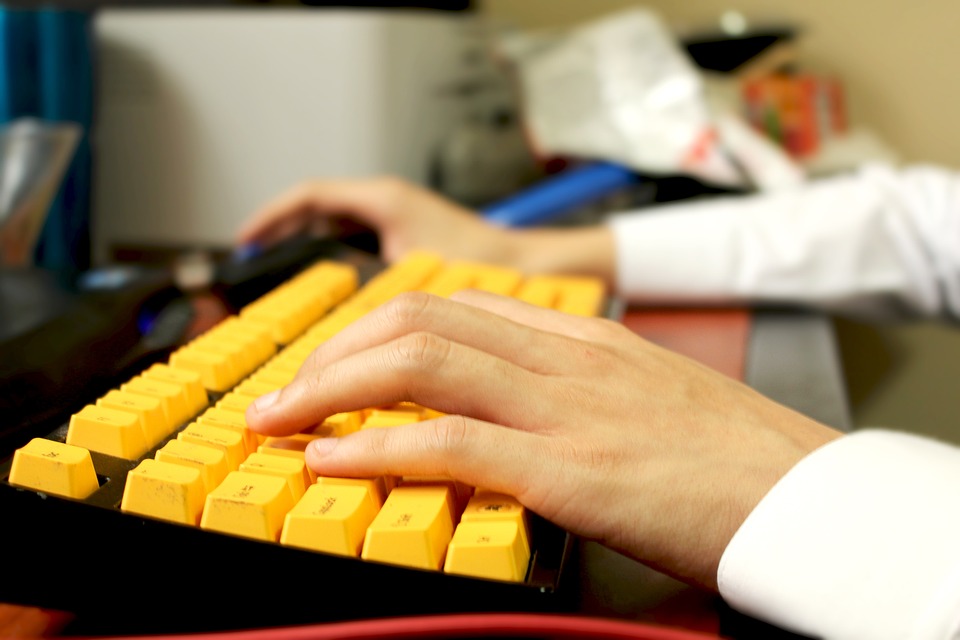Proper oral care for your dog includes feeding your dog the proper foods, providing your dog with treats that help clean their teeth and regularly brushing your pet’s teeth at home. However, proper oral hygiene for your dog also includes professional oral care options that are available only from your veterinarian.
Your dog’s regular dental care should include an oral examination from your veterinarian at your dog’s annual examination. During the oral examination, the veterinarian will look inside your dog’s mouth to determine if there is inflammation, blisters, loose teeth or other signs of disease.
Yorkie Dentist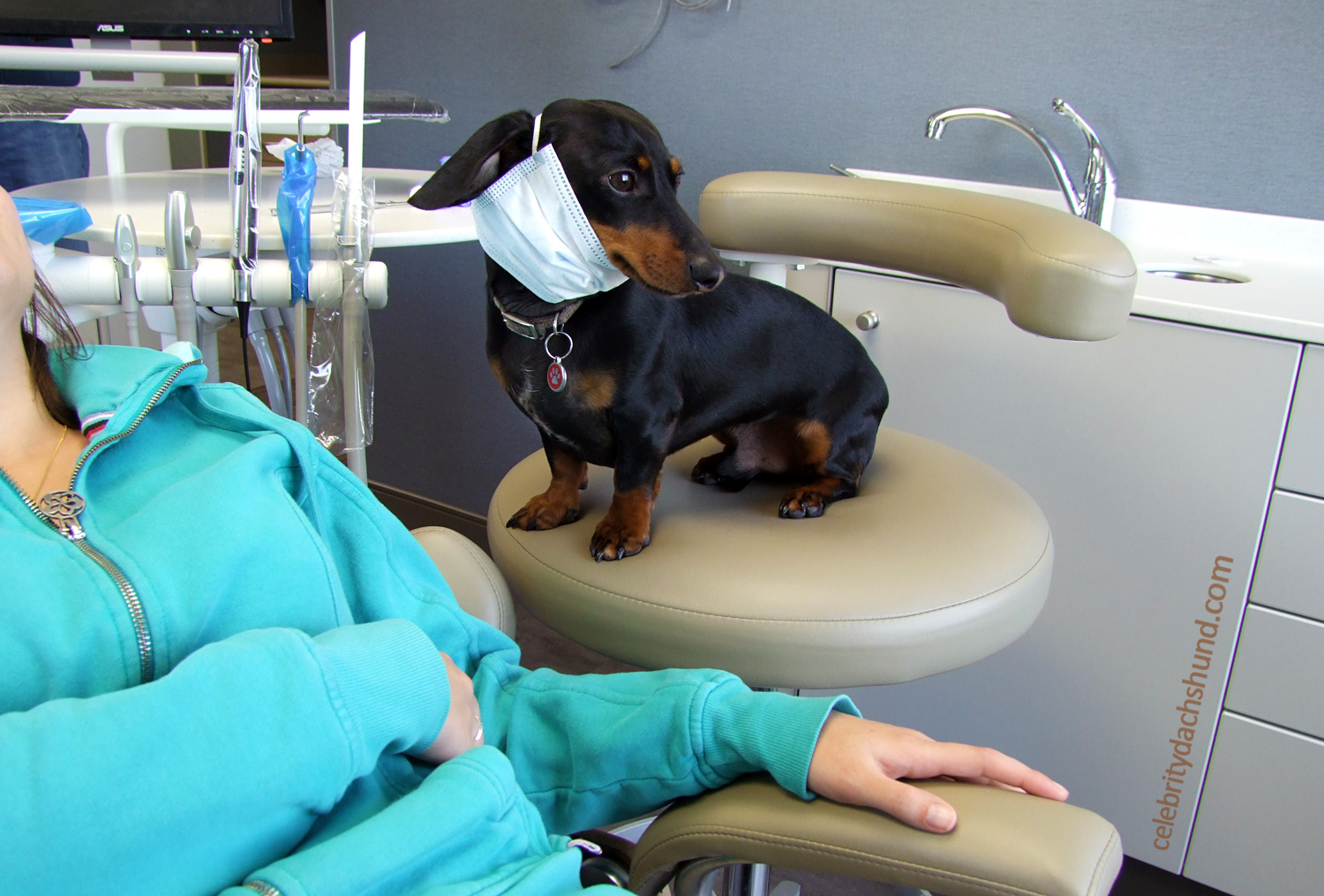
This is exactly what will happen if you go to one of those Emergency dentistry Batavia IL clinics, so you better know what to expect.
During this examination, your veterinarian may brush your dog’s teeth and give you tips on how to brush your pet’s teeth at home.
Based upon the condition of your dog’s teeth and mouth, the veterinarian may recommend that your dog have a professional teeth cleaning. If this is your pet’s first oral examination, such as your dog’s first trip to the veterinarian following adoption from a shelter or being rescued as a stray, the veterinarian will also most likely recommend a professional cleaning.
While it’s important you provide your dog with regular oral care at home, this is easiest and most effective if you begin the care with your pet’s teeth clean and free of tartar.
Called prophylaxis, professional teeth cleaning by a veterinarian, begins with your dog being anesthetized. The doctor will scrape tartar buildup from your dog’s teeth and then clean and polish your pet’s teeth. Your pet’s mouth will also be flushed with an antibacterial rinse.
If there are diseased teeth, the veterinarian will remove them while the dog is still under anesthesia.
Because prophylaxis requires the dog be anesthetized, many veterinarians will conduct routine blood work before the procedure to ensure the dog is healthy enough for anesthesia. This is especially true of older dogs.
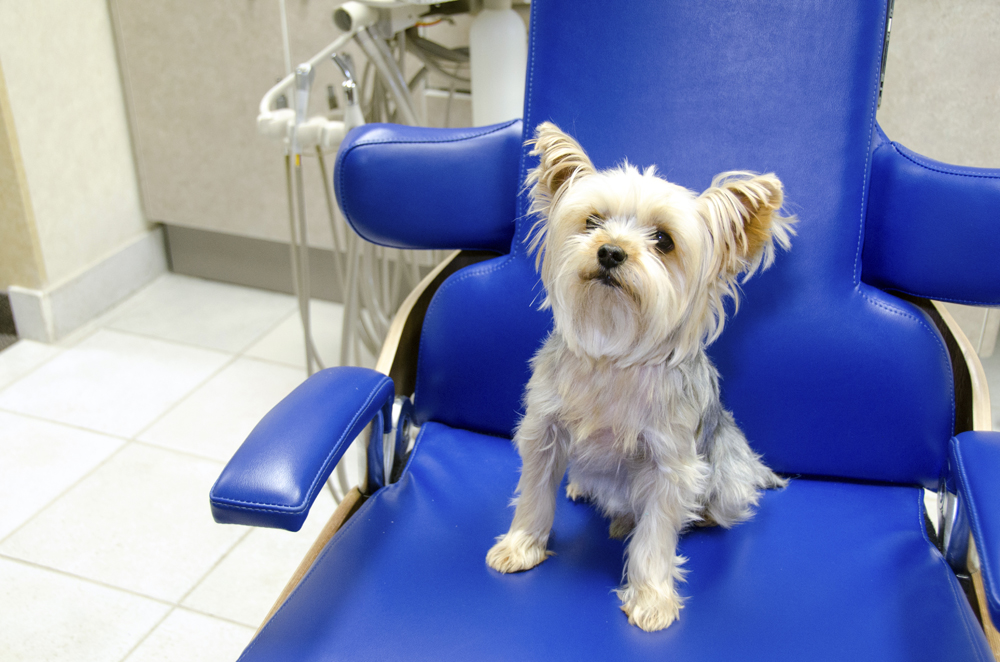
If your veterinarian notes periodontal disease or an oral infection, the doctor may prescribe an antibiotic for your dog to take after the dental procedure. This will reduce infection and keep it from spreading. If the dog did have a tooth or teeth removed, the doctor may also recommend a special diet for a few days following the procedure.
Other parts of professional oral care for your dog may include the veterinarian taking X-rays of your dog’s mouth. If your pet needs more than routine oral care, veterinary dentistry is advancing. Most of the care available to people is now available to our pets. Veterinarians are now providing dogs with care such as orthodontics and root canals when necessary.
